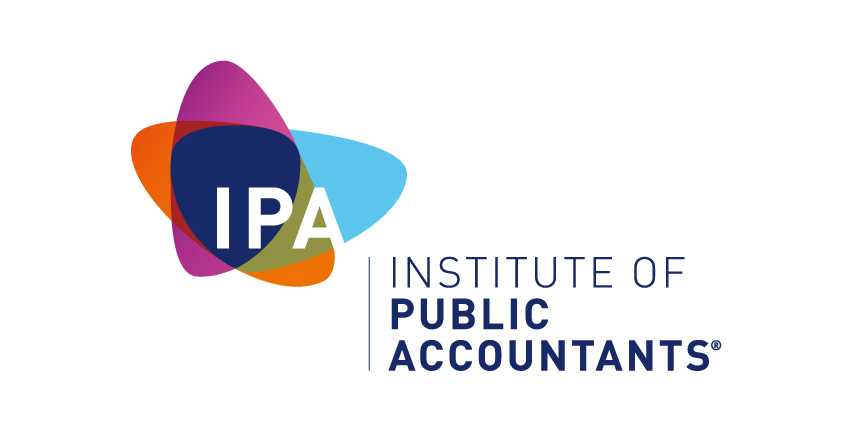FAIRER TAX SYSTEM FOR SMALL BUSINESS – MORE WORK REQUIRED
Small business tax cuts and asset write-off initiative introduced in the 2015 Federal Budget were steps in the right direction but go nowhere far enough, according to the Institute of Public Accountants (IPA).
The Australian Small Business White Paper launched last week by the IPA in conjunction with the IPA Deakin University SME Research Partnership, recommends more sweeping changes to small business tax policy.
“Wide ranging and more substantial tax incentives and relief must be offered to entrepreneurs and innovators in Australia to encourage growth, productivity and employment,” said IPA chief executive officer, Andrew Conway (also co-author and chair of the research partnership).
“The income tax rate for small businesses should be cut further. We could learn from Alberta, Canada, which has a combined federal/provincial corporate income tax rate of just 14 per cent for small business compared to 25 per cent for general business.
“The small business capital gains tax concessions should also be reviewed and redirected from the end point of the business life cycle towards the start-up and growth phase.
“Further, fringe benefits tax legislation needs a total shake-up to help reduce the excessive compliance burden on small business, and to alleviate the inequitable application of the top marginal tax rate to all fringe benefits.
“This could be achieved in large by Australia moving to tax fringe benefits in the hands of employees, as occurs in many overseas jurisdictions,” said Mr Conway.
The Australian Small Business White Paper recommendations on small business tax policy also extends to areas such as: Division 7A rules, the reinstatement of the loss carry back initiative, a single legal structure for small business, treatment of trusts, safe harbour practices, personal concessional super contributions and, ways to reduce the superannuation compliance burden.
More details of the Australian Small Business White Paper can be found at www.publicaccountants.org.au/whitepaper
